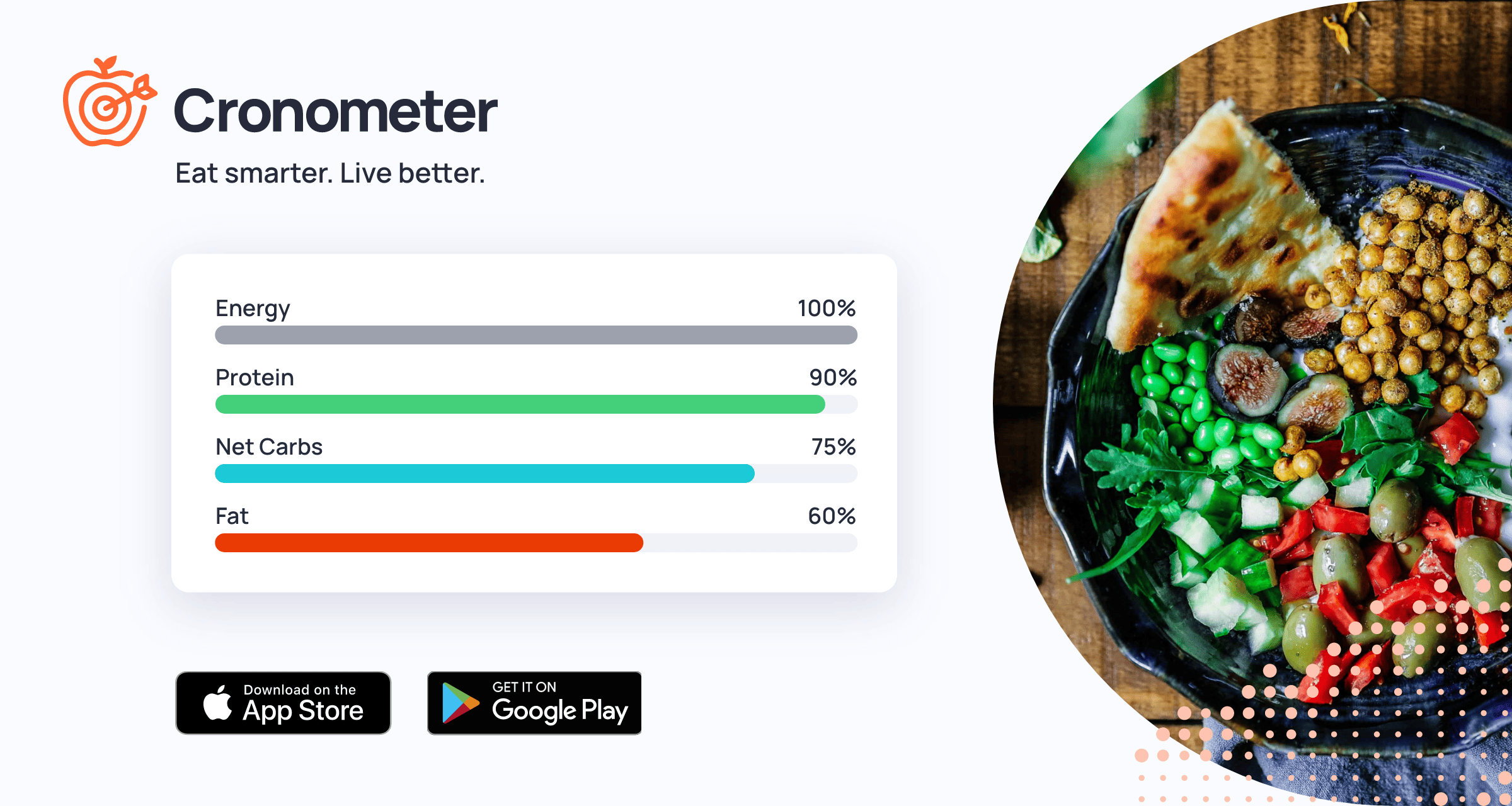Vegan here; been on and off being strict vegetarian for quite some time, always quitting because i was not feeling well (and not talking to a doc or nutritionist about it  ).
).
Im in a much better place now: Im getting treatment for PCOS. I have a GI and found i react badly to FODMAPs and have since changed my diet. I have discovered i have the APOA2 rs5082 double SNP, and have been keeping my sat fats VERY low. Since all this, being vegan has been something i can stick to for more than two months. Hasnt been hard at all (the weaning off the sat fats tho...).
The only trouble i have now is adjusting to a whole foods diet. I do really well with sugar in my diet but i want to make sure i get enough micronutrients in the long run and save my teeth. Whole foods has been hard because i dont really respond to the stretch receptors in my stomach. And i know from experience that it takes around two weeks to get used to a new diet so im giving it time but UGH. So hard to stick to when i know i can just grab a rootbeer or a lager But im still excited about the future and enjoying the food.
But im still excited about the future and enjoying the food.
Please feel free to ask me any questions or give me any advice

Im in a much better place now: Im getting treatment for PCOS. I have a GI and found i react badly to FODMAPs and have since changed my diet. I have discovered i have the APOA2 rs5082 double SNP, and have been keeping my sat fats VERY low. Since all this, being vegan has been something i can stick to for more than two months. Hasnt been hard at all (the weaning off the sat fats tho...).
The only trouble i have now is adjusting to a whole foods diet. I do really well with sugar in my diet but i want to make sure i get enough micronutrients in the long run and save my teeth. Whole foods has been hard because i dont really respond to the stretch receptors in my stomach. And i know from experience that it takes around two weeks to get used to a new diet so im giving it time but UGH. So hard to stick to when i know i can just grab a rootbeer or a lager
Please feel free to ask me any questions or give me any advice






